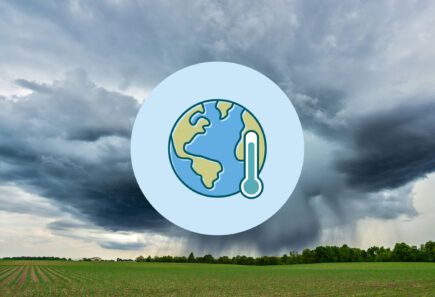
Climate solutions
Alternative proteins play an essential role in meeting global climate goals. Learn more about what you can do to help change how meat is made.

Alternative proteins play an essential role in meeting global climate goals. Learn more about what you can do to help change how meat is made.
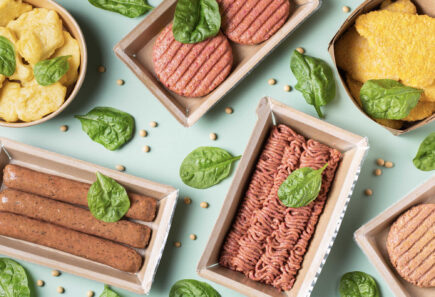
Learn how tension, compression, and shear tests—combined with constitutive neural networks—can be used to identify the mechanical signature of plant-based meats.

The future of food is a key part of the future of climate action. San Francisco Climate Week brings together innovators, policymakers, and business leaders to explore the latest solutions in sustainability. This weeklong series of events highlights breakthroughs in climate technology, policy, and corporate responsibility—including the role of food in reducing emissions.
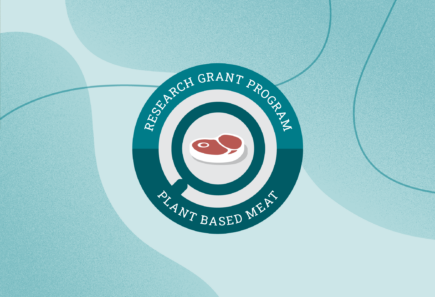
This project uses sustainable processing to transform sunflower meal into a protein-rich, eco-friendly ingredient for human food.

Join us for an engaging session on alternative proteins and their potential to transform food systems. This session will explore the science, technology, and market opportunities behind plant-based, cultivated, and fermented proteins driving sustainability and innovation in the food industry.
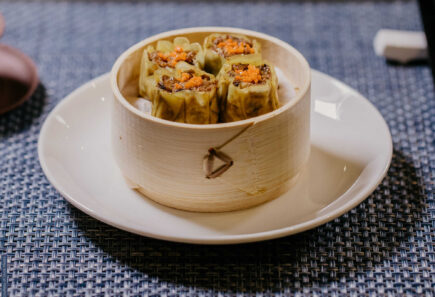
Explore a first-of-its-kind survey showing what would motivate consumers in Singapore, Thailand, Japan, and South Korea to leave fish in the sea and choose plant-based or cultivated seafood instead.
Don’t miss Bruce Friedrich, GFI’s founder and president, as he takes the stage on Saturday, April 12, at 9:15 AM to discuss how alternative proteins can help build a more sustainable, just, and secure food system.
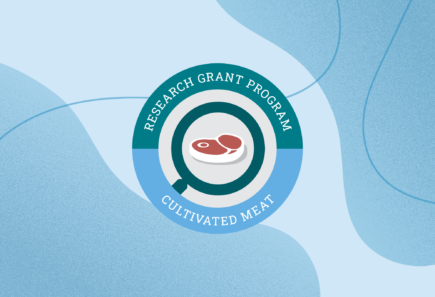
This project generates low-cost, high-performance hydrolysates from seaweed proteins for cell culture media to support cultivated meat production.

This project creates a cost-effective nutrient source for cultivated meat production from sustainably growing lipid-rich yeast on lupin waste.
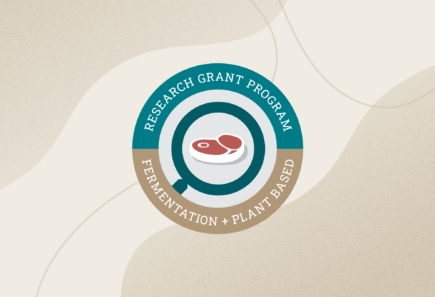
This project called Wheat-UP will upcycle wheat bran into new ingredients for hybrid foods using oils from yeast and mycelium protein biomass.